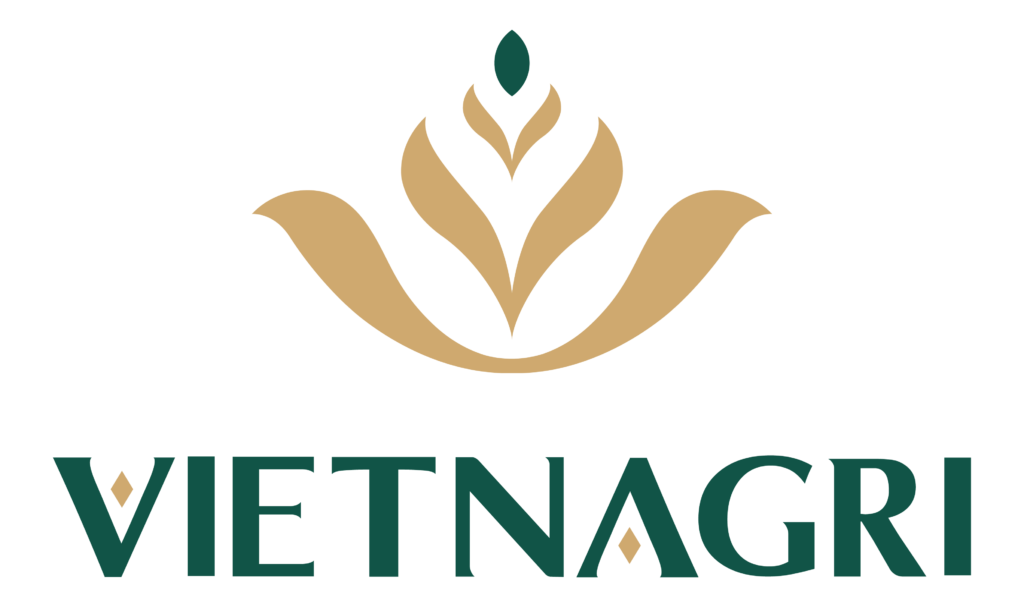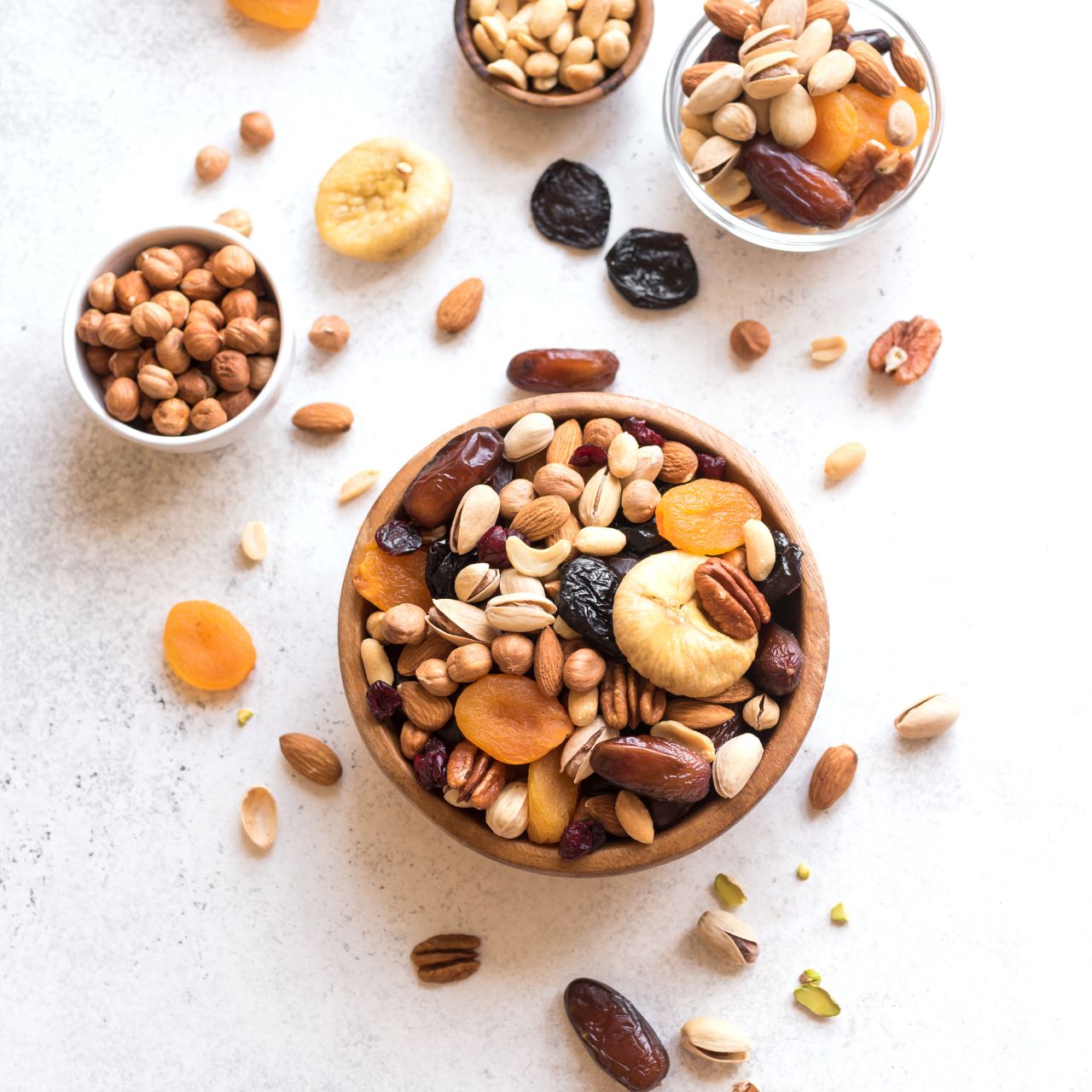Cashew nuts, also known as cashew nuts, are seeds of the Anacardium occidentale family, originating from Brazil. In Vietnam, cashews are commonly grown in the Central Highlands and Southeast provinces. The provinces with the largest cashew-growing areas include Binh Phuoc, Dong Nai, Dak Lak, Binh Thuan, and Binh Dinh.
Cashew nuts not only have a delicious taste but also possess high nutritional value and offer great benefits for human health.

Regarding nutritional value, 28 grams of unroasted and unsalted cashews contain: 157 calories; 5 grams of protein; 12 grams of fat; 9 grams of carbs; 1 gram of fiber; copper: 69% of the daily value (DV); magnesium: 20% DV; manganese: 20% DV; zinc: 15% DV; phosphorus: 13% DV; iron: 11% DV; selenium: 10% DV; Vitamin B1: 10% DV; Vitamin K: 8% DV; Vitamin B6: 7% DV.
The fat in cashews is unsaturated, which is especially beneficial for the cardiovascular system. Additionally, cashews contain antioxidants that help protect the body from the harmful effects of free radicals.
With their rich nutrient content, cashews offer many health benefits.
Health benefits of cashews:
1. Extend lifespan
Cashew nuts are rich in essential nutrients. When combined with other nuts, they can help improve health, prevent chronic diseases, and effectively prolong life.

2. Good for the heart and stroke prevention
Cashews are a source of healthy fats, including monounsaturated and polyunsaturated fats. Consuming cashew nuts in moderate amounts helps reduce “bad” LDL cholesterol, increase “good” HDL cholesterol, and regulate blood pressure, thereby effectively preventing cardiovascular disease.
In addition, cashews also contain a certain amount of magnesium. Magnesium helps relax blood vessels, thereby preventing atherosclerosis and reducing the risk of stroke.
3. Prevent and control diabetes
Cashew nuts are one of the food sources that provide fiber for the body. Adding fiber helps prevent blood sugar spikes and effectively prevents type 2 diabetes.
One study showed that people with type 2 diabetes who added cashews to their diets had lower overall insulin levels, helping to control blood sugar more effectively than those who did not eat cashews.
4. Enhance brain health
Cashews are good for the brain because they are rich in vitamin E, a powerful antioxidant that helps protect brain cells from oxidative damage. Studies have shown that vitamin E may help reduce the risk of cognitive decline and Alzheimer’s disease.
In addition, cashews also contain high levels of magnesium, which is essential for brain function and can help improve mood and reduce symptoms of anxiety and depression.

5. Promotes healthy skin and aids digestion
Antioxidants found in cashews can support skin health by promoting collagen production, enhancing skin elasticity, and reducing signs of aging. Meanwhile, the high fiber content of cashews promotes digestion, prevents constipation, and nourishes a healthy intestinal environment.
6. Strengthen the immune system
Cashews are rich in essential nutrients and contain many vitamins, minerals, and antioxidants, so they can help ensure your overall health. The abundant amount of vitamin C in cashews also plays a role in enhancing immunity and helping to effectively fight infections and diseases.
Reference source: Legal Life; afamily.vn; vinacas.com.vn





